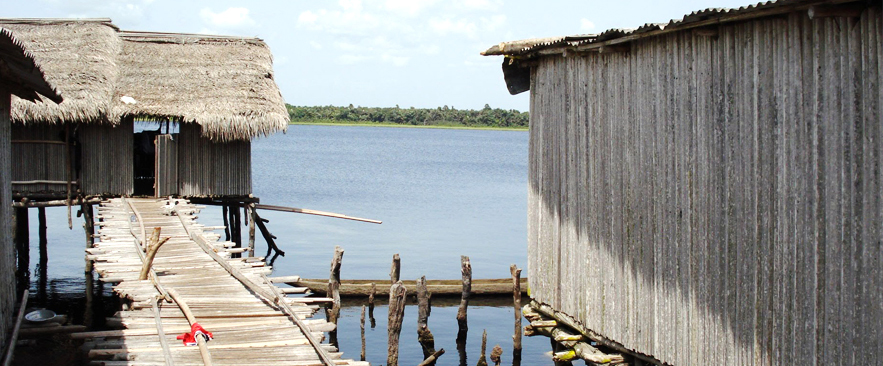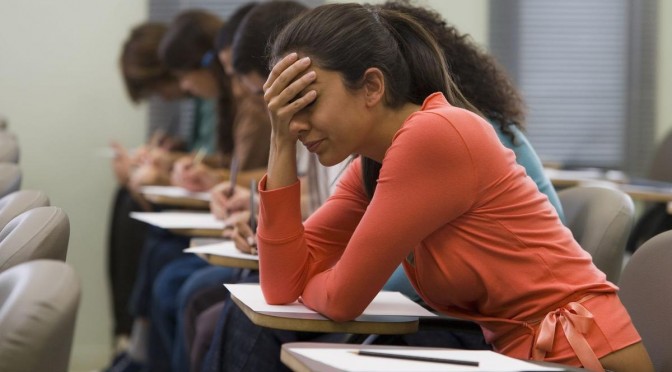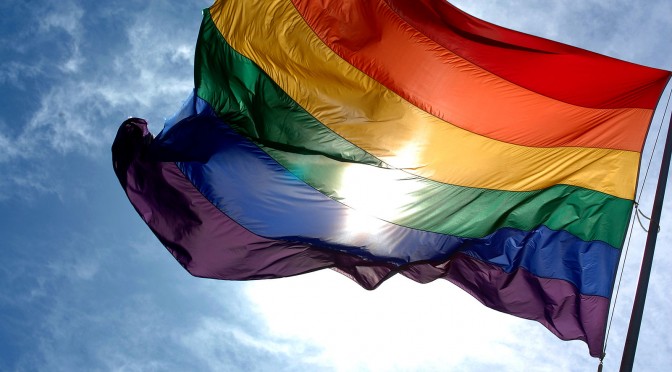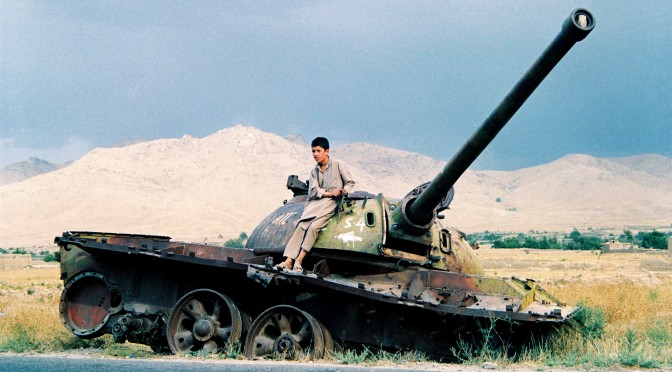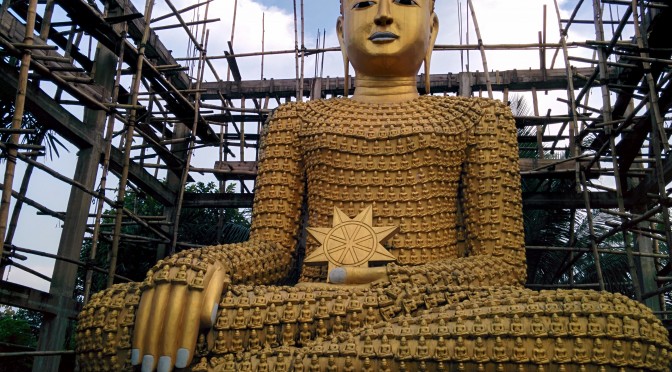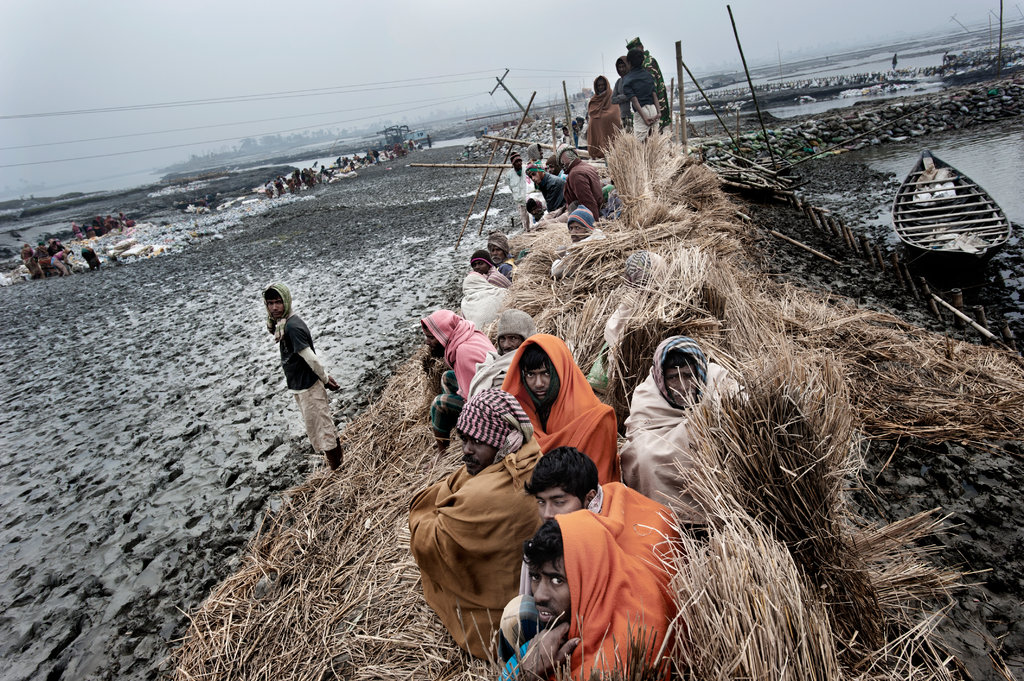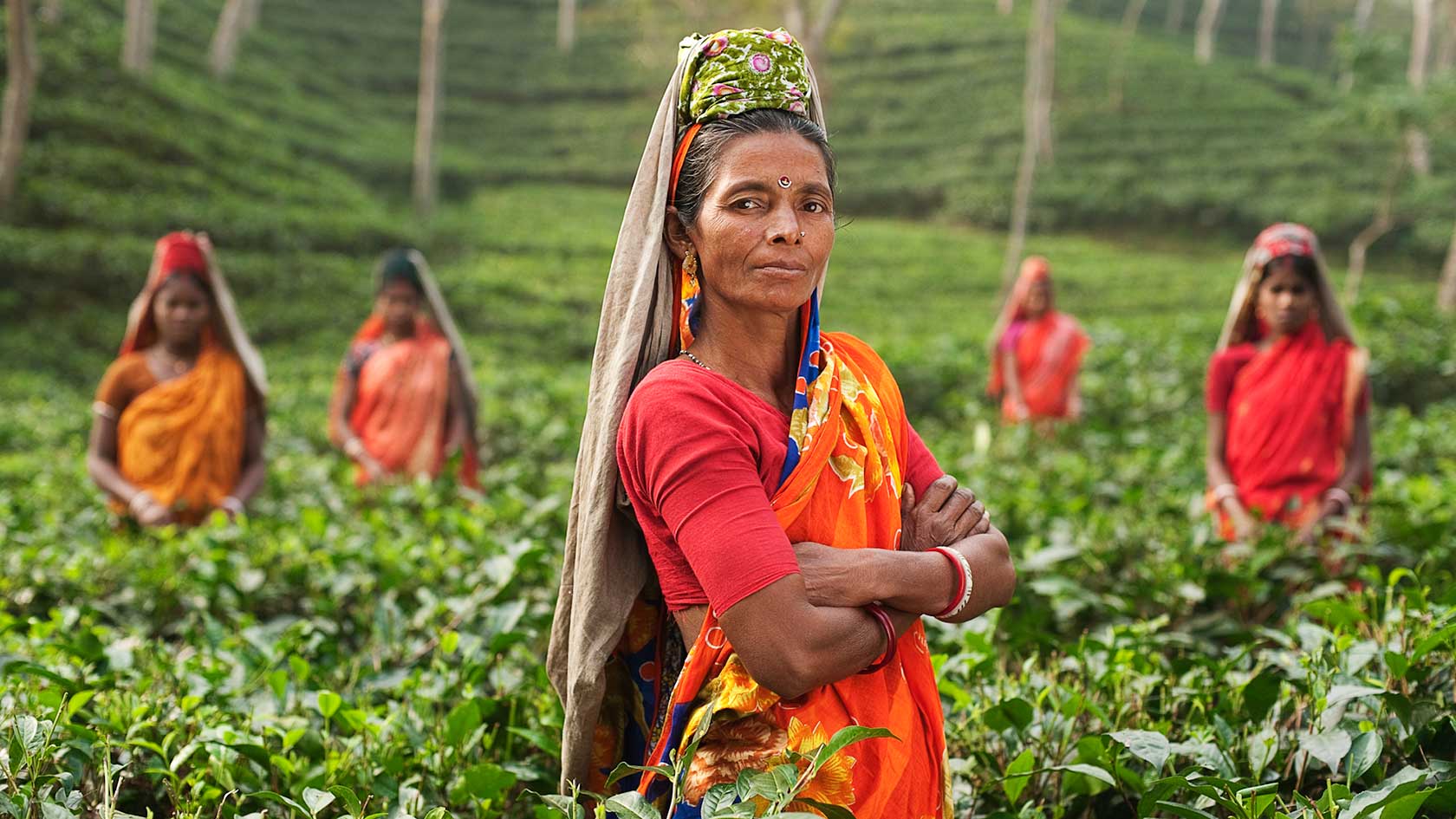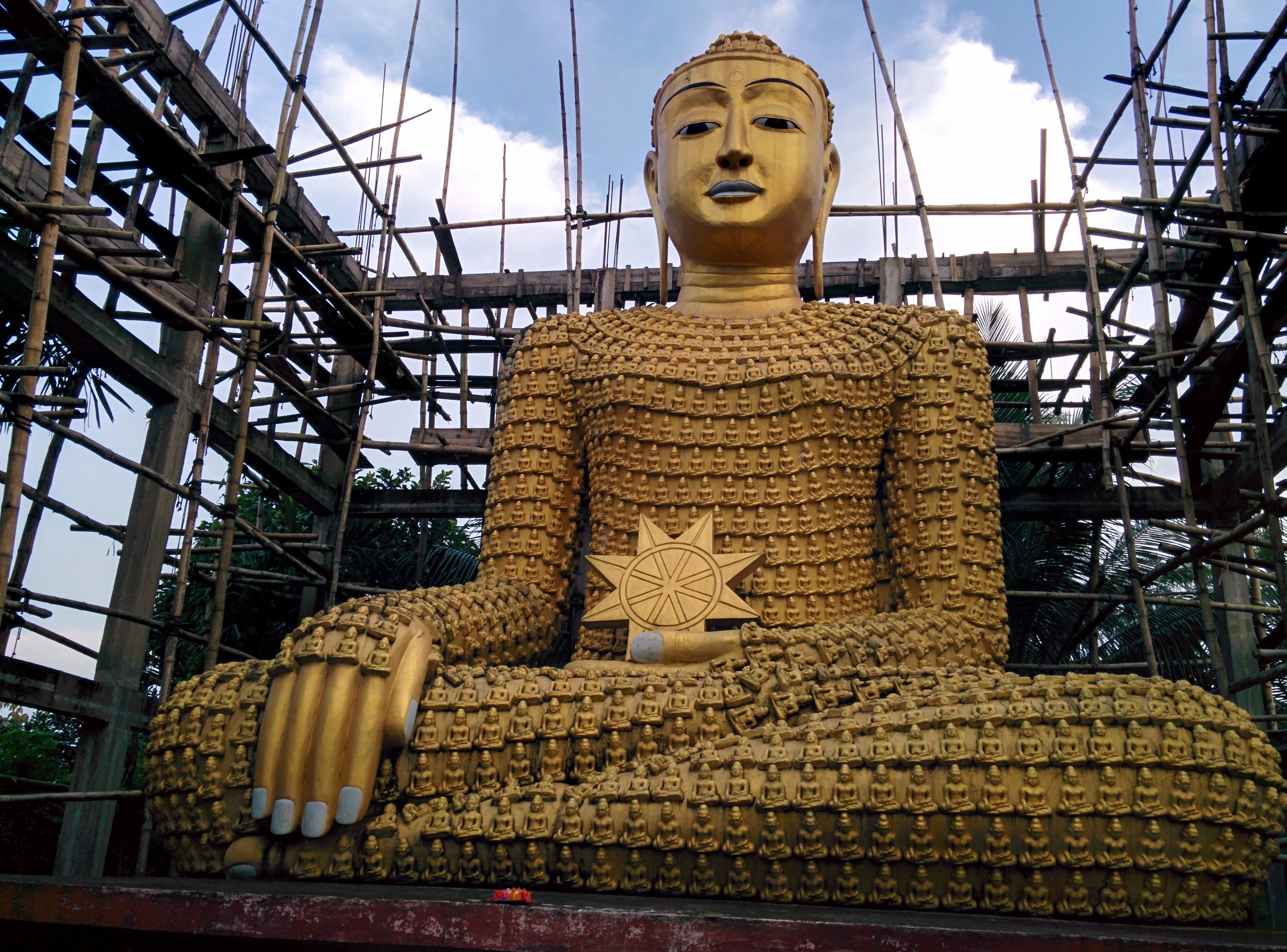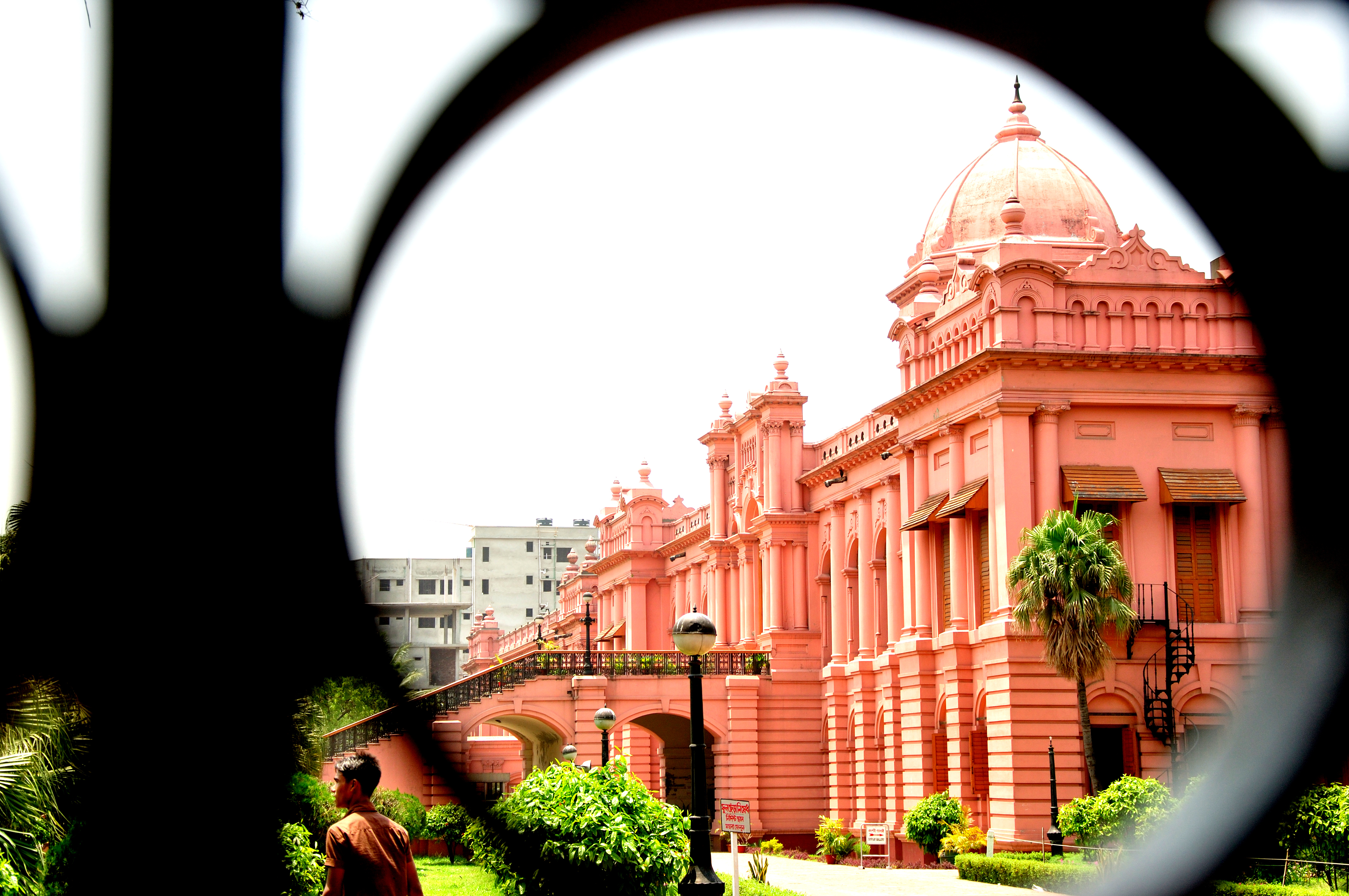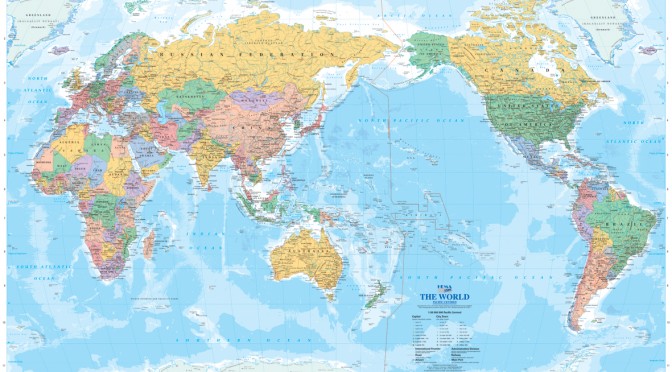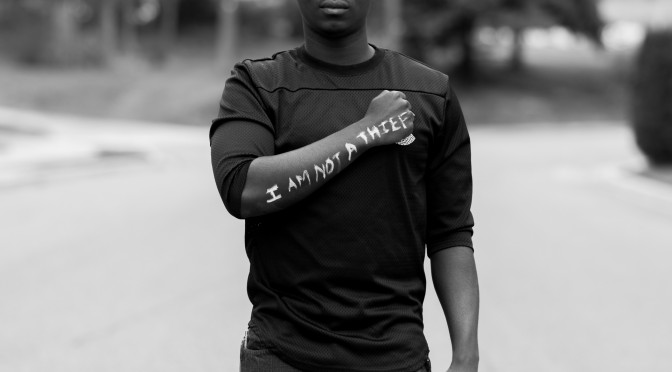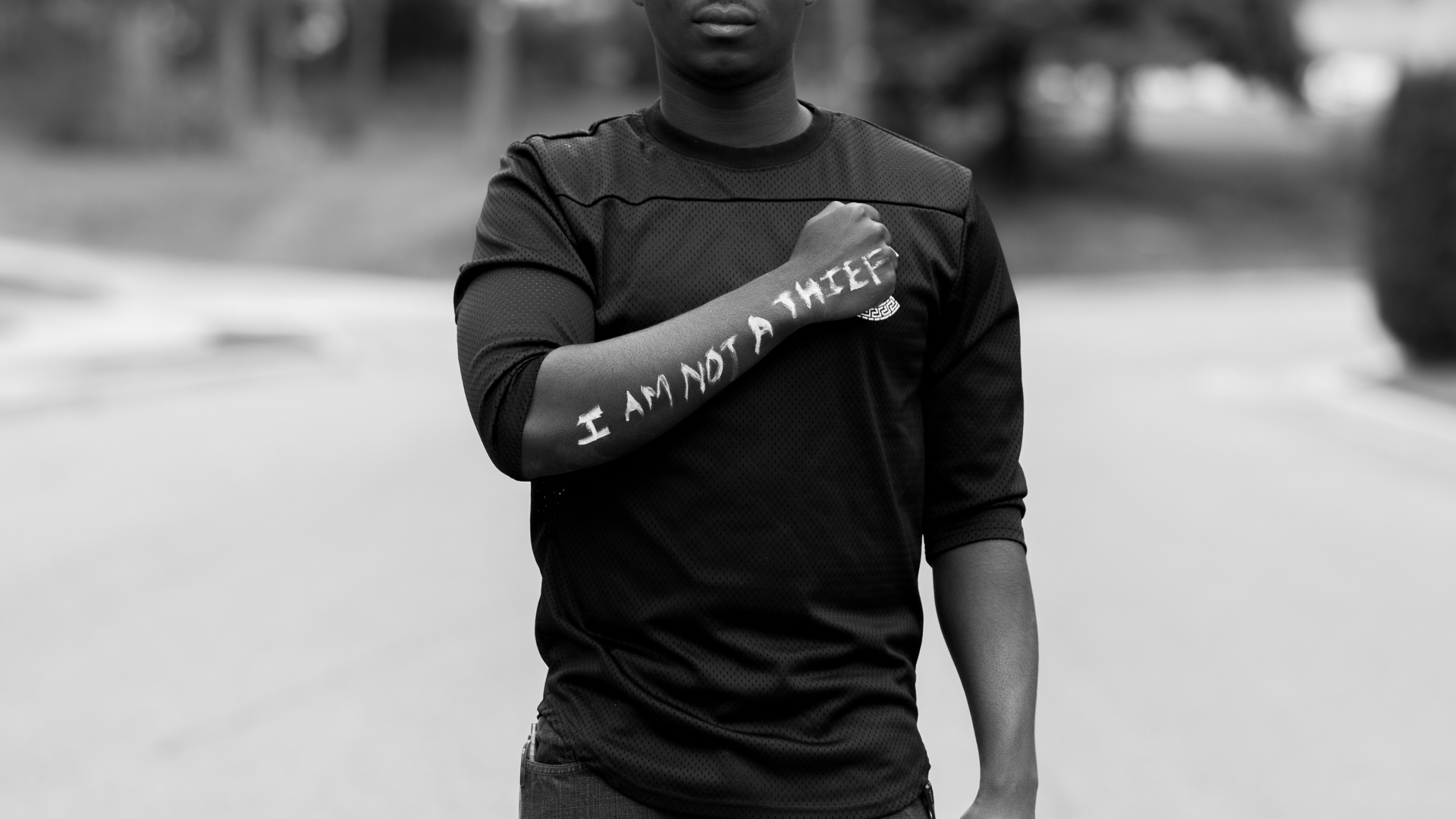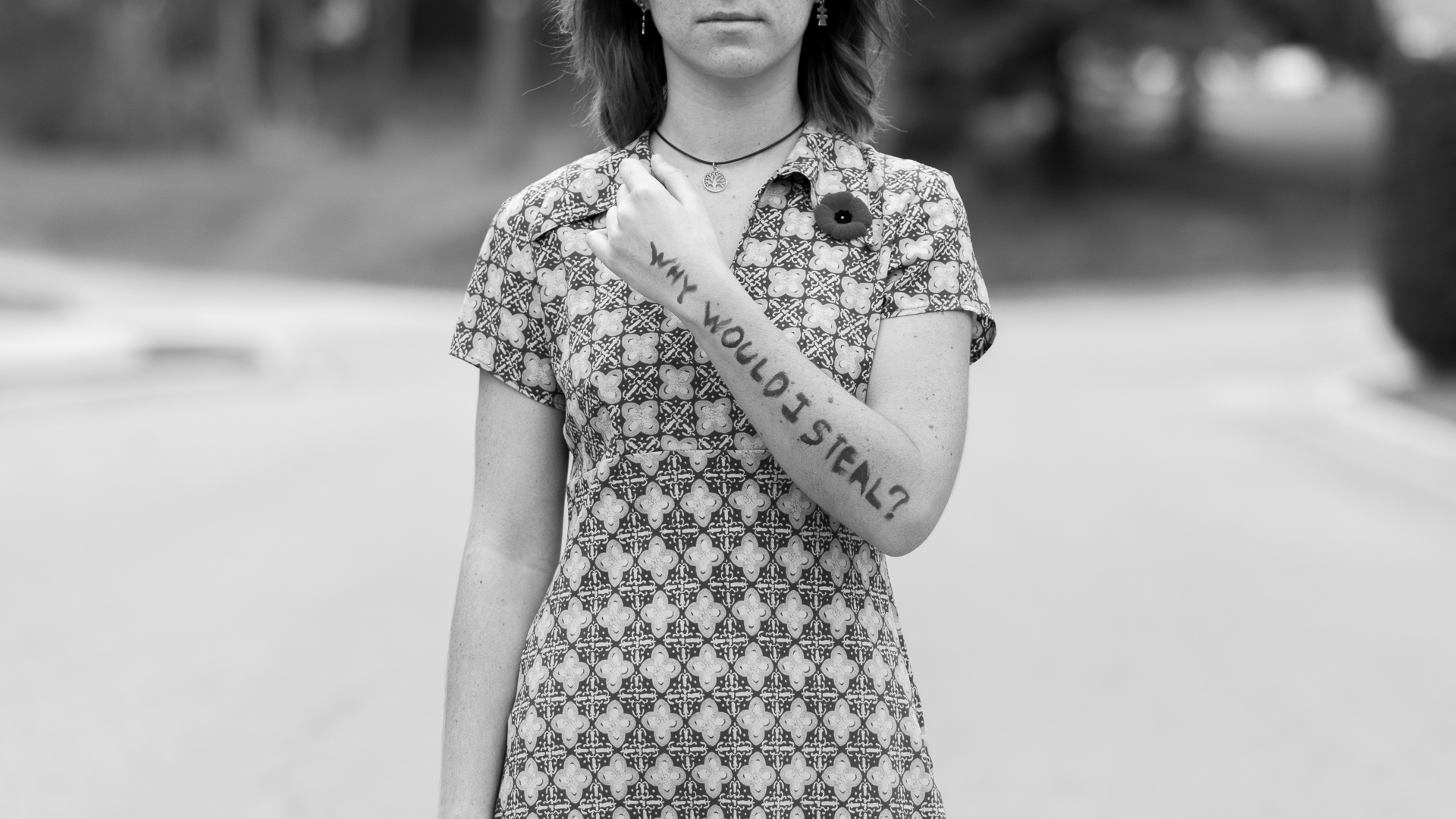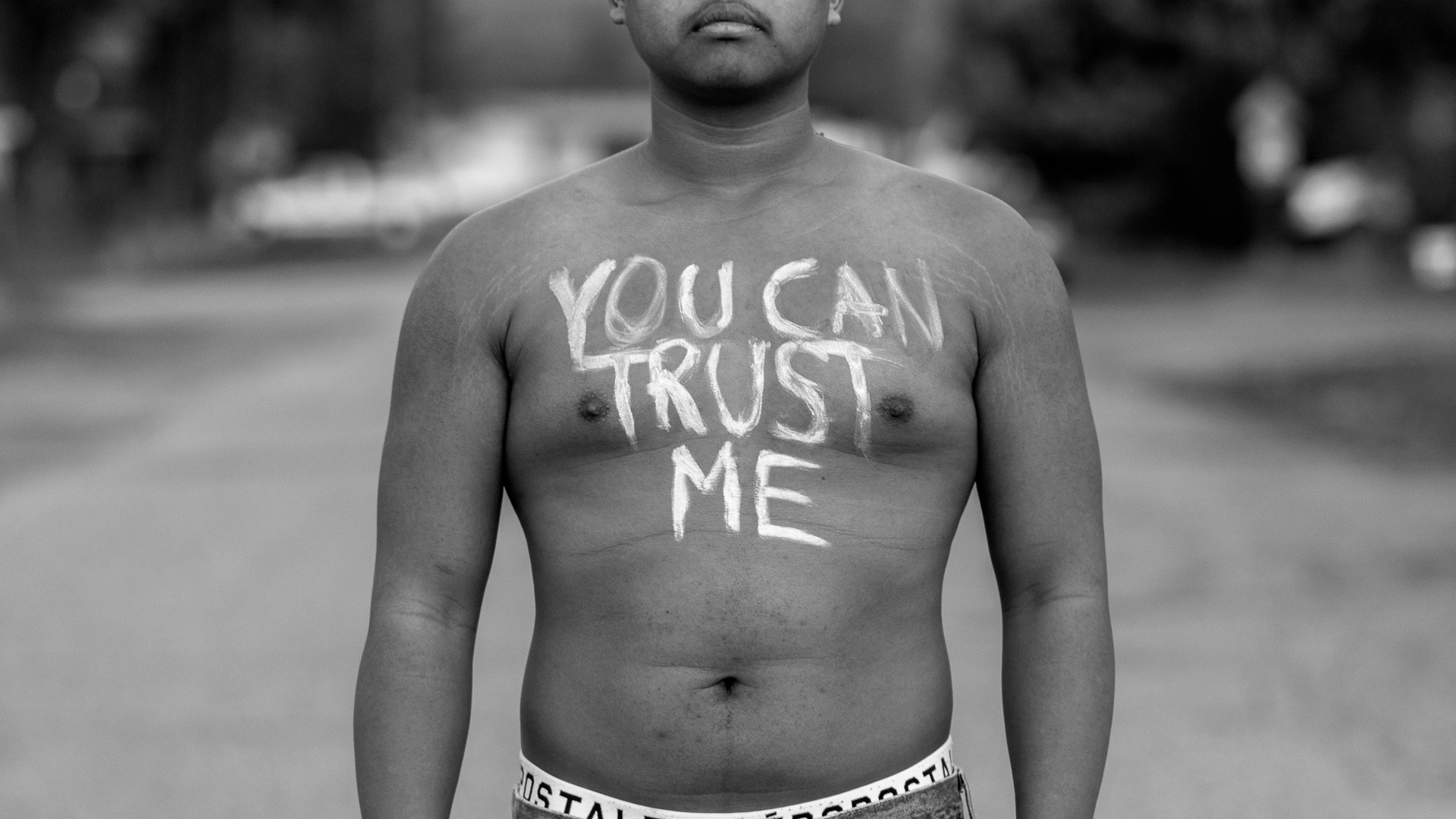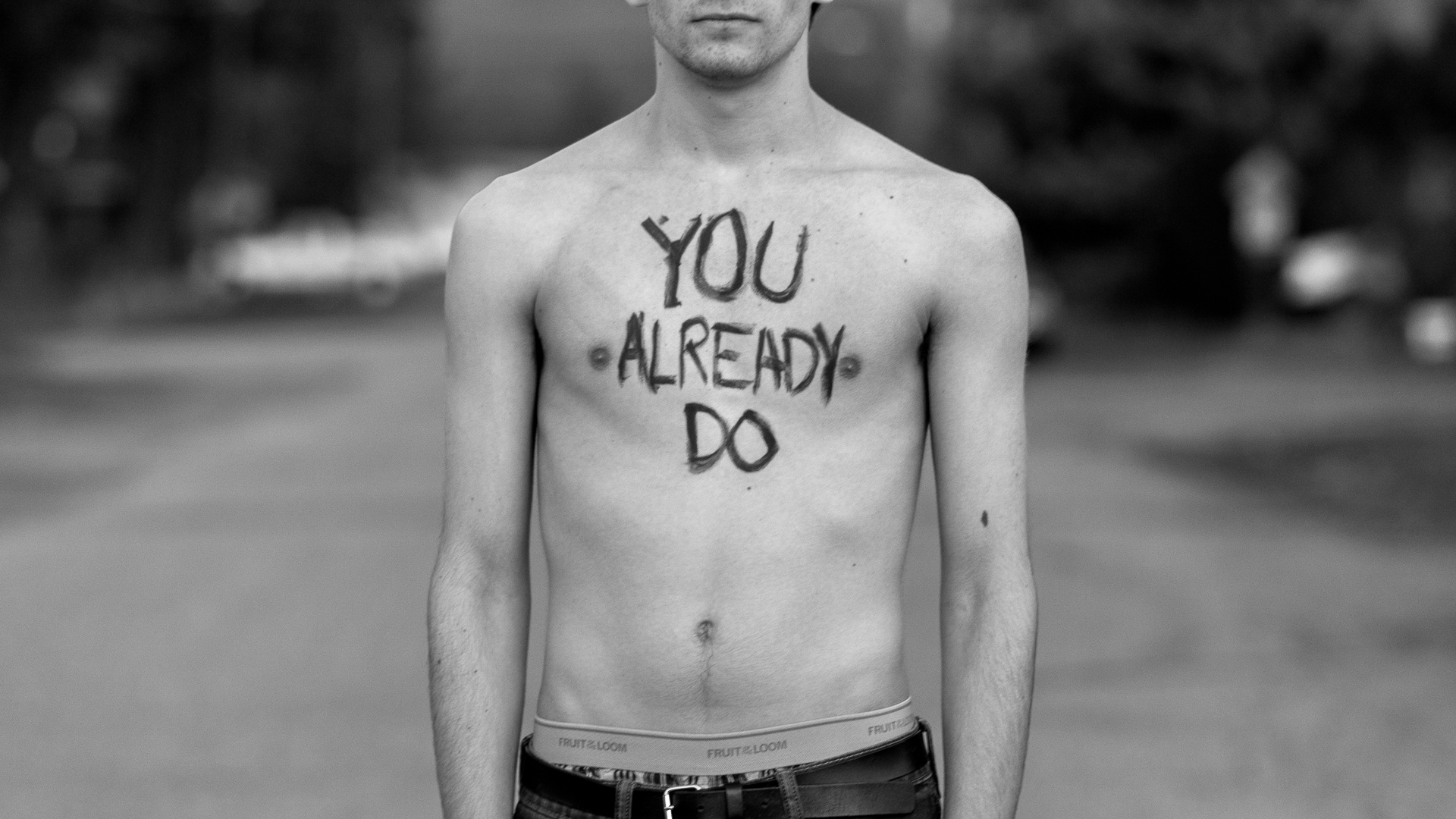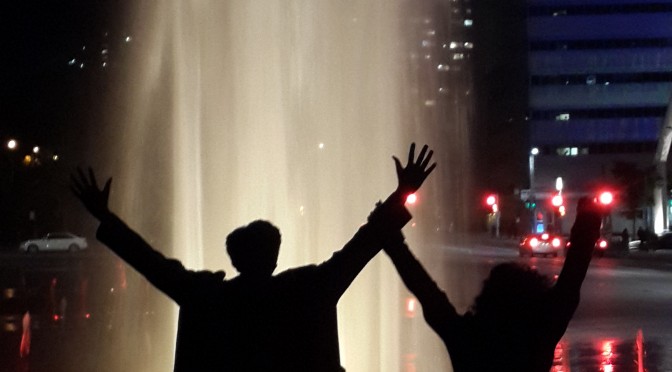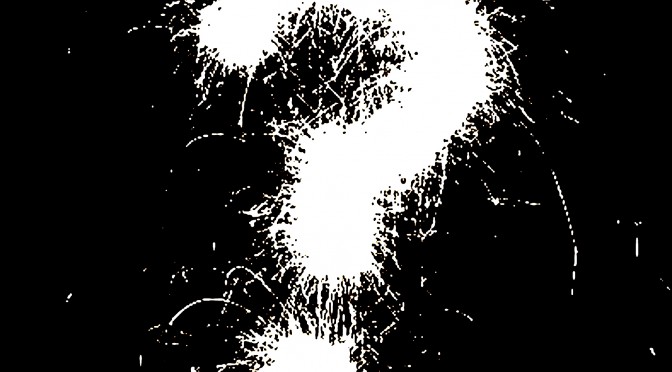Written by Mirabelle Arodi, 4th Year Biochemistry Major
” I’m going on exchange,”
” Oh cool! Where?”
” Montreal!”
” Oh…”
Even before they said it, I knew what was coming next: ” But that’s not really exchange. It’s still Canada,”
This is a conversation I’d had countless times— with friends, acquaintances, eavesdroppers– in the months before the fall semester. It always began with excitement, which immediately changed to either confusion or disinterest, once I told them that I would be going to McGill University for the fall semester. The fact that I wasn’t crossing borders on my journey abroad somehow seemed less impressive.
As an international student, coming to Canada for university was in itself ‘going abroad’. It is an experience I have enjoyed so far, and what has been most enriching for me are the different people, cultures and ways of thinking that I have encountered in Kelowna. I have learned just as much, if not more, outside the classroom as I have inside lecture halls. One of the things I learned outside class, is that the province of British Columbia alone is twice the size of my home country, Kenya. To say that this new knowledge-bomb blew my mind would be an understatement. Sure, looking at maps (and the fact that a flight from Toronto to Kelowna is as long as a flight from Kenya to South Africa— nearly half the length of the African continent), I knew that Canada was a big country. Putting it in relation to Kenya, however, is what made me really understand just how big. And it got me thinking–if I can have such a wealth of experience and diversity in Kelowna, how much more must there be in the rest of Canada? I would love to explore all of Canada. But as I have already established (and probably beaten to death), Canada. Is. Big. I can’t explore it all at once. But I can start somewhere. It was a foregone conclusion when I looked a the Go Global partners schools, that my destination for exchange would be within Canada— and Montreal, Quebec, it was!
[That was the response I would have loved to give to all those people that were less impressed with my location choice for exchange. But I reckon it they would not have endured that longwinded justification.]
I probably could not have chosen a place more different from Kelowna. Montreal is on the opposite side of the country, predominantly French speaking, more multicultural, always awake, and has a subway system (which I am not the biggest fan of—such a gloomy place). Coming from the small town Kelowna, I definitely needed time to adjust to my new home for the next four months. I had studied French for over 5 years, so I thought I had the language part covered. What they didn’t teach me in class, however, is the blistering speed at which French speakers talk. Every interaction with a sales associate in a store, the teller at the supermarket, or barista, went the same way. They say something in French, to which I respond ‘pardon?’ with a blank look on my face as I try to process what they just said. They then swiftly repeat what they said in English, just as I had computed the French version. But by then it was too late– I had to carry the rest of conversation in English, all the while thinking, “I understood it the first time, all I needed was some time to process- honestly! Just give me a chance. Je parle Francais!!’ What is seriously impressive is how almost everyone in this city speaks at least two languages, sometimes three or more, and the ease with which they switched back and forth depending on who they are talking to. Two shopkeepers will speak to each other in Arabic, answer a customer’s question in French, and tell another customer his bill sum in English, all in one breath. I want to get to that point too, one day. (#Goals)
Something else that took me aback is how spoiled for choice one is in Montreal. There are countless cafes to study in, variety of cuisines to sample, and a range of clothing stores—from thrift shops to designer boutiques. Maybe this explains why Montrealers are ALWAYS dressed to the nines, whether it’s for class or a night out. Their fashion game is strong! I am yet to see anyone dressed in sweatpants outside of the gym. (But then again, it isn’t exam season yet). Even with so many options though, there are still hidden gems in in this city– like the grocery store where I can buy a week’s worth of produce for under $20, or the cozy little cafe that serves Tanzanian tea in your own personal tea pot.
There seems to be something for everyone in Montreal. Bars that have live jazz bands playing every night, nightclubs that have more of a pop-music sound, water fountain displays and outdoor temporary art installations. My personal favorite is taking walks; to the top of Mont Royal in the morning where I am rewarded with a panoramic view of the whole city, and around the interconnected streets downtown at night, where I am guaranteed to see something out of the ordinary—people salsa dancing on the sidewalk, buskers singing their lungs out, or a colorful graffiti mural so large that I have to look at it from a distance of 10 meters.
As I am writing this, I am exactly halfway through my exchange experience. I am finally settled in and had a taste of Montreal life (croissants and crepes included). But I feel that I have so much more to see and do. For instance, visiting Vieux Port in Old Montreal, shopping at the renowned farmers markets, and of course, indulging in some legendary poutine from La Banquise. I’m pretty sure that’s obligatory when one comes to the birth place of one of Canada’s greatest contributions to the [food] world.
Yes, I am still in Canada, and no, it is not all the same. I believe it is both dangerous and a disservice to assume that Canada is homogenous, and that living in one place means you’ve experienced all there is to Canada— that it warrants looking beyond it’s borders to find something new and exciting
And yes, it does count as going on exchange.
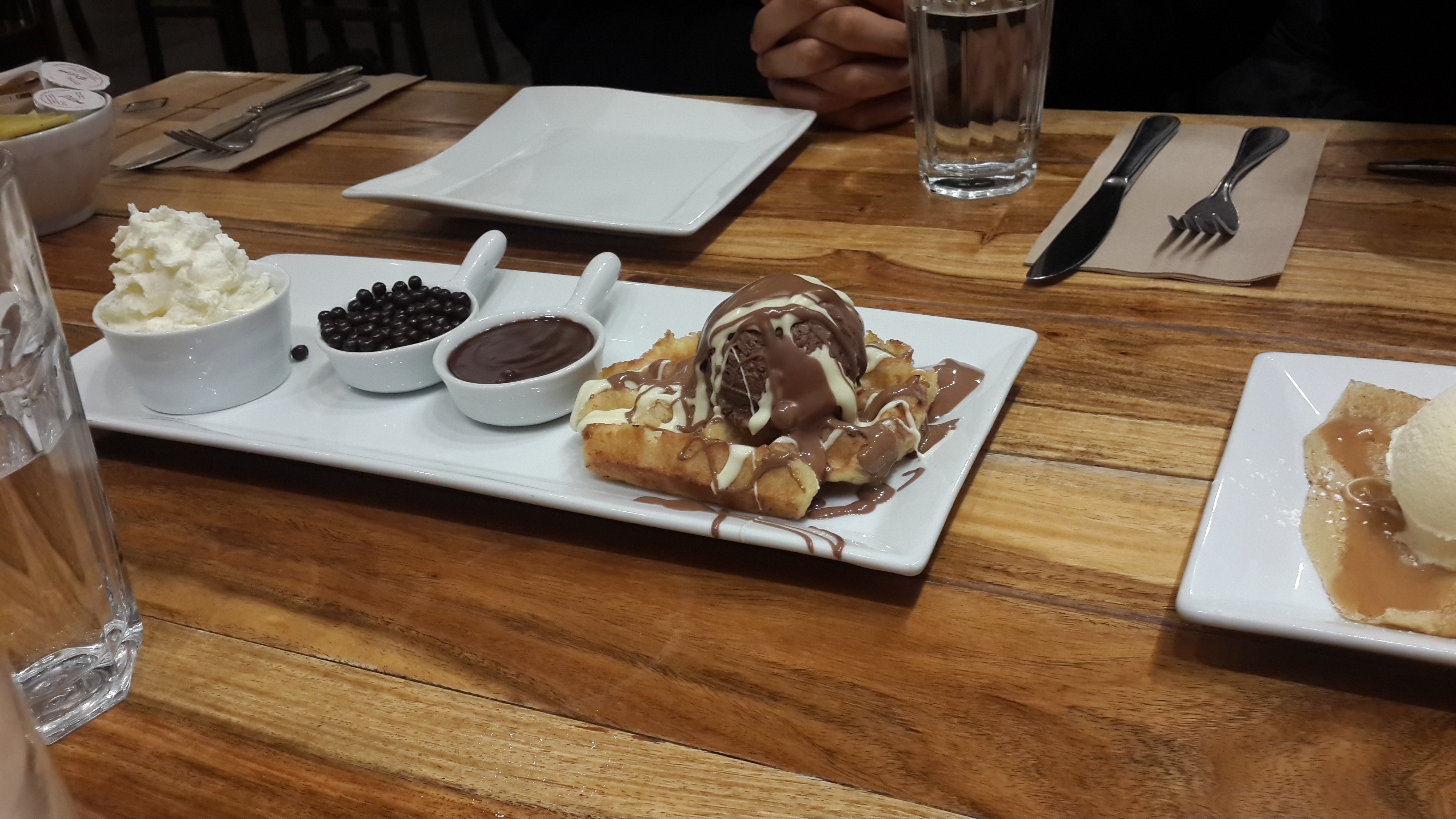
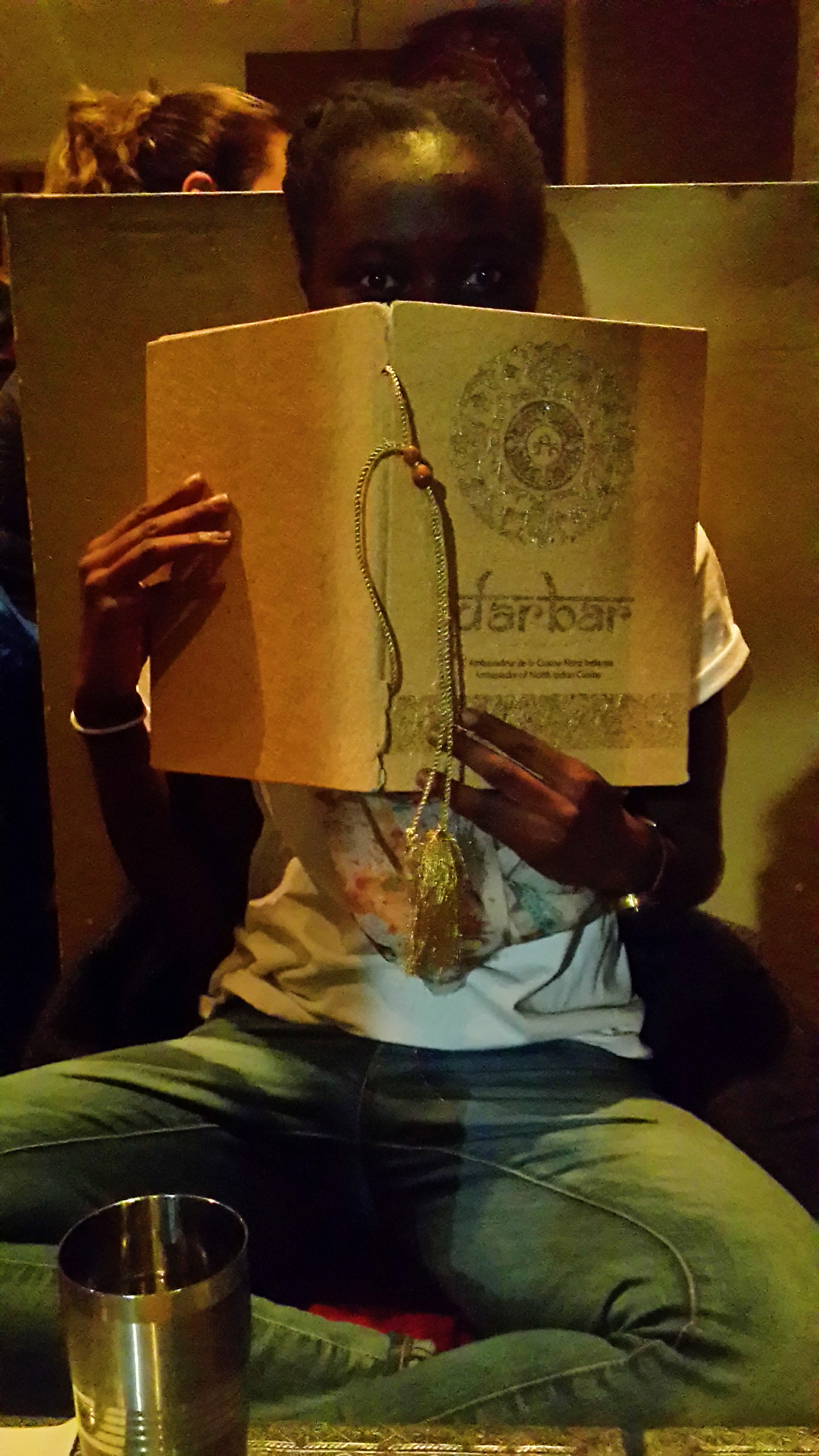
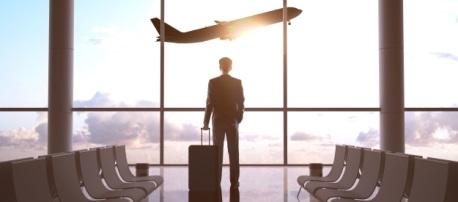

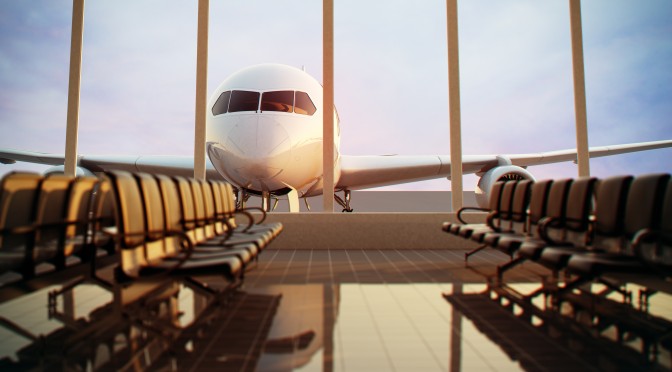
 Follow
Follow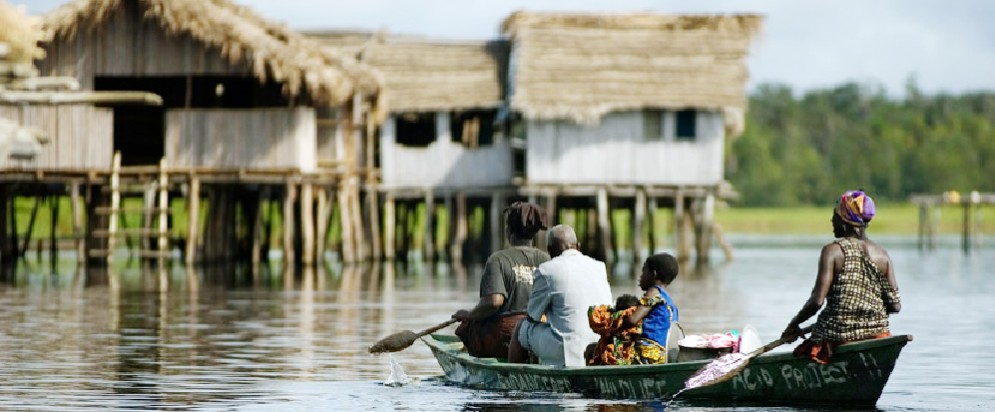
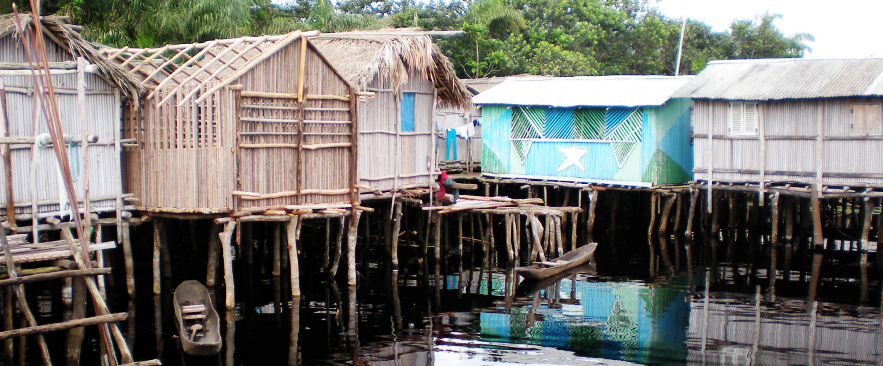 This December break, I had the pleasure of visiting Nzulezo, a town on stilts, located in the Western Region of Ghana. Nzulezo directly translates to ‘on the water’ in Nzema, one of the major languages in Ghana. To get to this town you need to take an hour’s ride on a canoe, through a river that leads to the settlement: a town of about 1500 -2000 people living on water, with the closest land 15-20 kilometres away.
This December break, I had the pleasure of visiting Nzulezo, a town on stilts, located in the Western Region of Ghana. Nzulezo directly translates to ‘on the water’ in Nzema, one of the major languages in Ghana. To get to this town you need to take an hour’s ride on a canoe, through a river that leads to the settlement: a town of about 1500 -2000 people living on water, with the closest land 15-20 kilometres away.